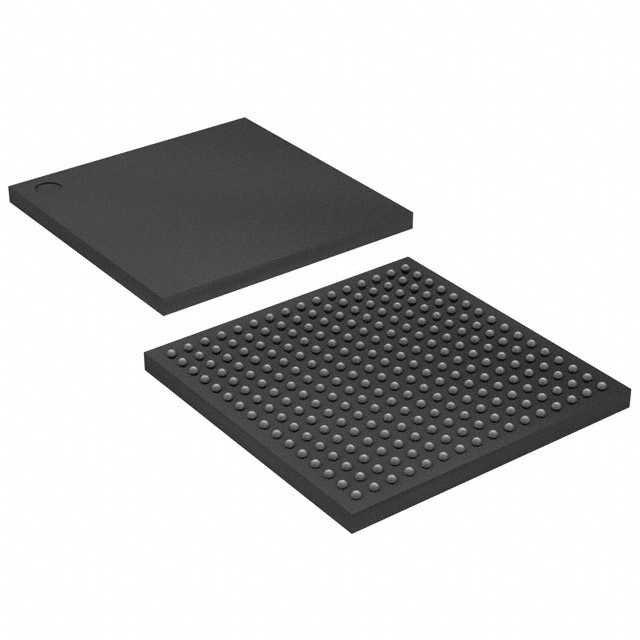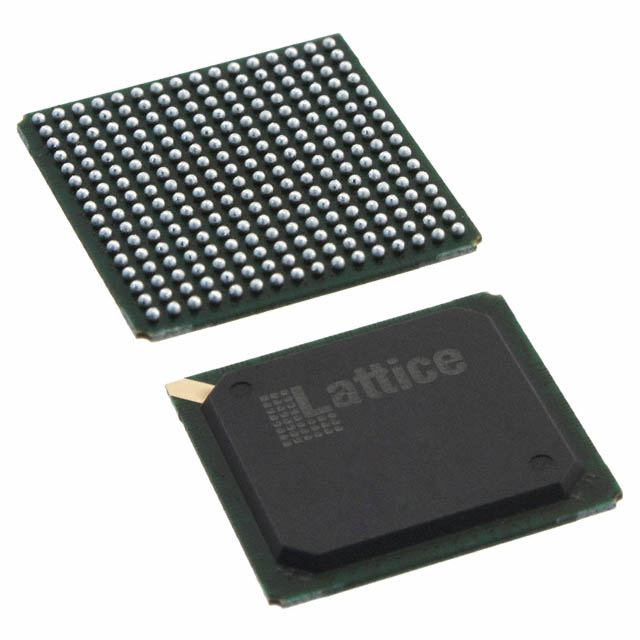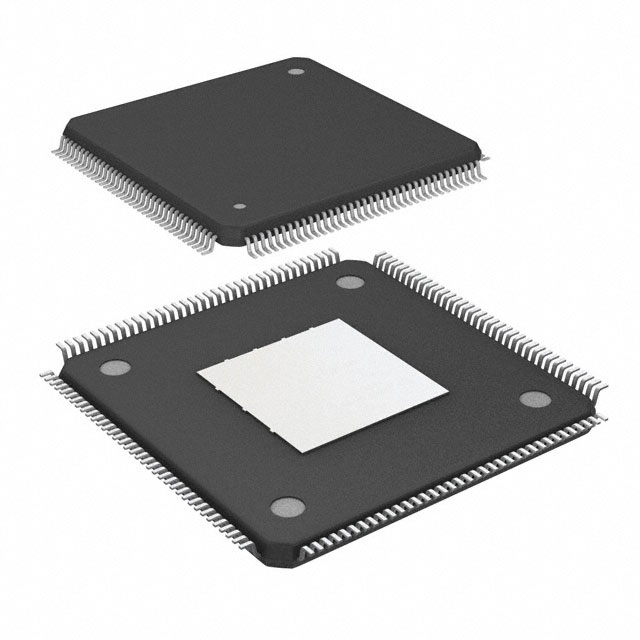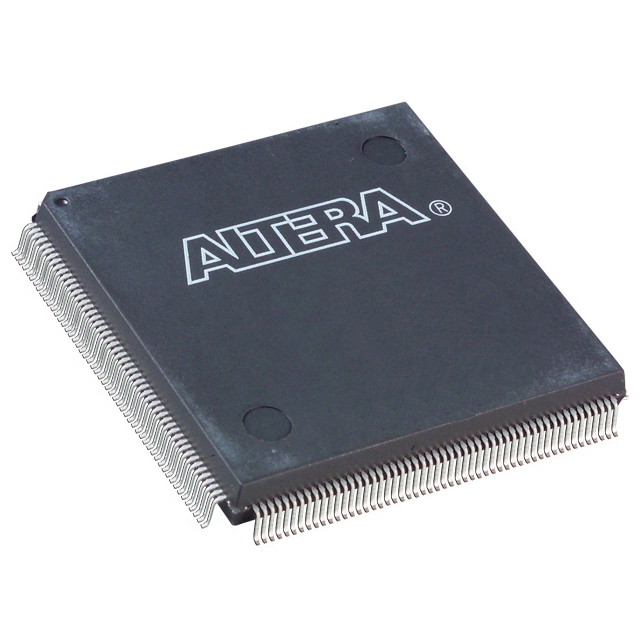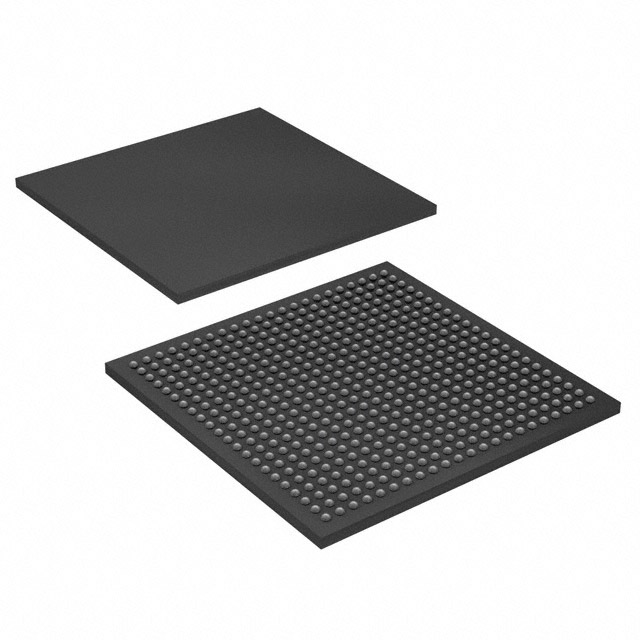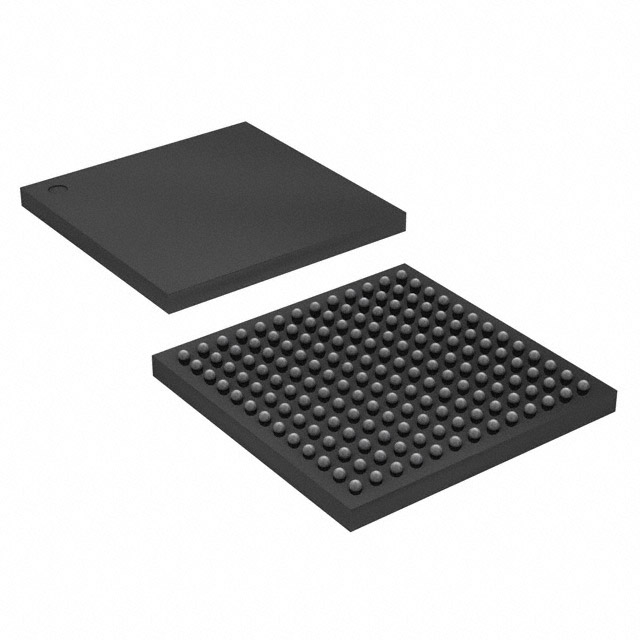In Stock : 0
Please send RFQ , we will respond immediately.









EP2C15AF256C7N Specifications
-
TypeParameter
-
Supplier Device Package256-FBGA (17x17)
-
Package / Case256-LBGA
-
Operating Temperature0°C ~ 85°C (TJ)
-
Mounting TypeSurface Mount
-
Voltage - Supply1.15V ~ 1.25V
-
Number of I/O152
-
Total RAM Bits239616
-
Number of Logic Elements/Cells14448
-
Number of LABs/CLBs903
-
DigiKey ProgrammableNot Verified
-
PackagingTray
-
Product StatusActive
-
SeriesCyclone® II
The EP2C15AF256C7N is an integrated circuit chip from the Cyclone II family of Field-Programmable Gate Arrays (FPGAs) developed by Altera (now Intel). Here are some advantages and application scenarios of this chip:Advantages: 1. High Performance: The EP2C15AF256C7N chip offers high-speed performance with a maximum operating frequency of up to 250 MHz. It provides efficient logic utilization and supports complex digital designs.2. Flexibility: Being an FPGA, the EP2C15AF256C7N chip allows for reprogramming and reconfiguration of the digital circuitry. This flexibility enables rapid prototyping, design iteration, and customization according to specific application requirements.3. Integration: The chip integrates various components like logic elements, memory blocks, digital signal processing (DSP) blocks, and I/O interfaces on a single device. This integration reduces the need for external components, simplifies the design, and saves board space.4. Low Power Consumption: The Cyclone II family of FPGAs, including the EP2C15AF256C7N chip, is designed to be power-efficient. It offers power-saving features like programmable power management and clock gating, making it suitable for battery-powered or low-power applications.Application Scenarios: 1. Digital Signal Processing: The EP2C15AF256C7N chip's DSP blocks and high-speed performance make it suitable for applications requiring real-time signal processing, such as audio and video processing, image recognition, and communication systems.2. Embedded Systems: With its reprogrammability and integration capabilities, the chip is commonly used in embedded systems. It can be used to implement complex control logic, interface with various peripherals, and provide system-on-chip (SoC) solutions.3. Industrial Automation: The EP2C15AF256C7N chip can be used in industrial automation applications like robotics, motor control, and process control. Its high-performance capabilities and flexibility allow for the implementation of complex control algorithms and real-time monitoring.4. Communications: The chip's high-speed performance and integrated I/O interfaces make it suitable for communication applications like network routers, switches, and protocol converters. It can handle high-speed data processing, packet routing, and protocol handling.5. Test and Measurement: The EP2C15AF256C7N chip's reprogrammability and integration make it useful in test and measurement equipment. It can be used to implement custom test interfaces, signal generation, data acquisition, and real-time analysis.Overall, the EP2C15AF256C7N chip's advantages of high performance, flexibility, integration, and low power consumption make it suitable for a wide range of applications requiring digital logic processing, control, and signal processing capabilities.






